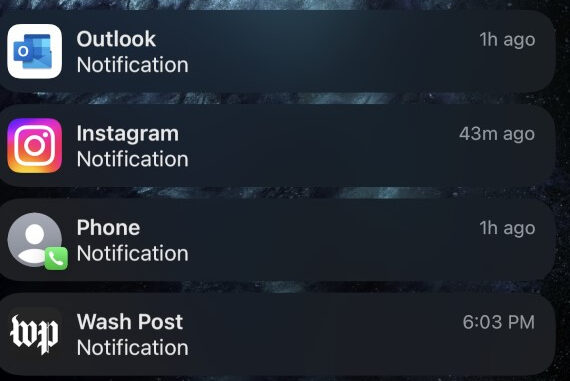
Zach Petroff | Opinions Editor
Feb. 9, 2023
I don’t do anything on Sundays.
After a long week, I like to reward myself by having a full day where I do not have to have any obligations other than feed my cat.
I take that day to do whatever I want. That usually includes a quick trip to a Giant Eagle, so I can pretend to meal-prep, then come home and do nothing of importance.
Me and my aforementioned cat Athena usually spend the rest of the day watching football, catching up on my favorite podcasts and staring at screens until my eyes bleed.
While it may not seem like the most productive day, the brain is a muscle and like all muscle groups, rest is absolutely crucial.
This past Sunday was a little different because I usually spend most of the day watching football, but since the Pro Bowl is not football, I found myself open to a whole new world of options. I needed to find a new way to get dopamine into my brain. So, I decided to switch things up.
I spend all week looking at screens. I go from my laptop to my phone to my television. Sometimes, when the events are timed just perfectly, I’m actually indulged in all three. Watching football on my T.V., talking trash with my friends on my phone and looking at my bets on my laptop.
It’s probably super healthy. I decided to put the one screen away that usually demands the most attention from me; the one screen that I tend to exacerbate addiction behavior toward, the screen that makes me nervous when it is not physically on me, the screen that I cannot fathom the number of hours I waste staring at, filling my brain with useless knowledge as my brain cells start to rot.
I had a phone-free day.
When I came back to my phone that evening, I was astonished.
I had 52 notifications. 52 non-communication notifications. That is 6.5 notifications per hour.
Please keep in mind, that I am not what anyone would consider a “popular or important person.” My existence consists of going to school, getting bossed around by my cat and hanging with girlfriend on the weekends. I have been able to craft a social circle so small one would need a microscope to examine it.
And while I may be on various social media applications, I do not use them to socialize, I use them the way they were intended — to judge people from a far.
Of course, I can always turn off my notifications, but there are apps that I find necessary to navigate my every day life as a student.
How do we function as a society when our attention is constantly being pulled in a million different directions?
I’ve made peace with the fact that my brain is already melted, but I have to think this cannot be good for a young person.
I’m a millennial in my (early) thirties, so while smartphones have been a prominent part of my life, they haven’t been there forever. For the current generation, smart phones have been a permanent fixture (used already) in their lives. This cannot be good for their brains.
What are we doing to our young people?
The American Psychology Association found that when it comes to specific mental health issues, adult Gen Zers are more likely than some other generations to report they have been diagnosed with an anxiety disorder and more likely than all other generations to report they have been diagnosed with depression.
Correlation does not always equate to causation, but I think if we put down our smartphones for a moment and looked around, we see what we’ve become.
We have cultivated a culture that requires the use of constant connectivity. These machines that buzz and blink directly connect to this idea of constant need for validation. This notion that we may only be as worthy as our online presence is fairly new and grossly misguided.
I understand the need for technology. The ability to connect with someone in an instant is one of those modern marvels shaping our future for the better.
It is both a gift and a curse. We have this opportunity to communicate and share information in an instant, but we’ve also created this false sense of making everything instantly relevant, causing this addict-like behavior that has attached to the fear of not being left out.
These phones provide us a shield. We can avoid making eye contact and small talk as we tunnel into our own secluded worlds. We can subject ourselves to the things that only we find interesting, satisfying our dopamine dependent brain while killing our already thin attention span.
It’s easy to get lost in a new world. It is easy to indulge in an online culture where our egos are quickly fed and our inhibitions dissipate behind anonymity. It is just as easy to become controlled by the objects, as they tear away our self-worth and cognitively reorganize our priorities.
Like many things in our life, we need balance and moderation to maintain a healthy lifestyle. The platform has the capability to allow levels of creativity and expression we’ve never seen before. The world is in the palm of our hands.

